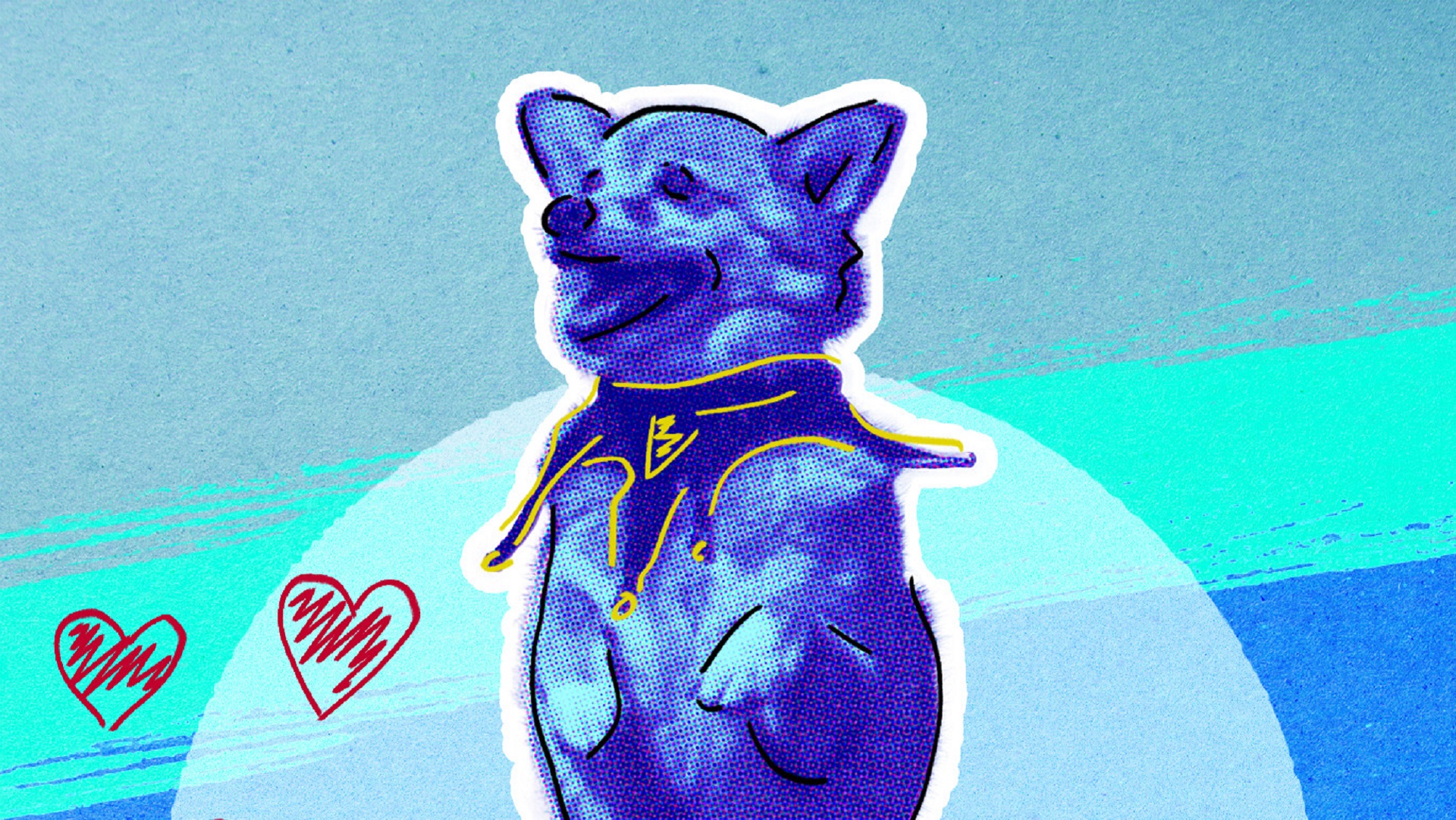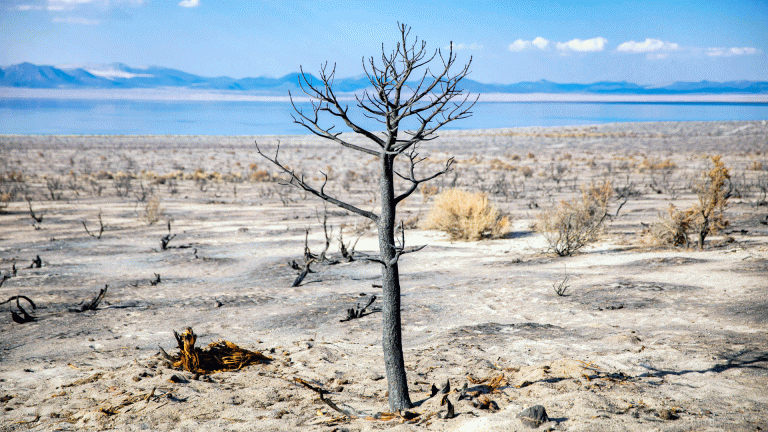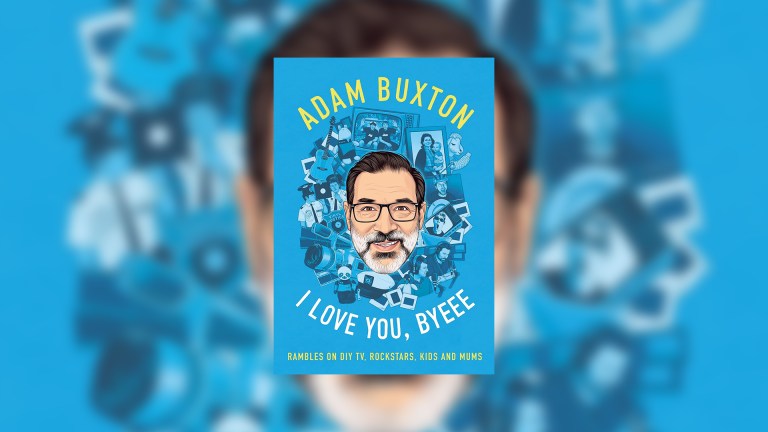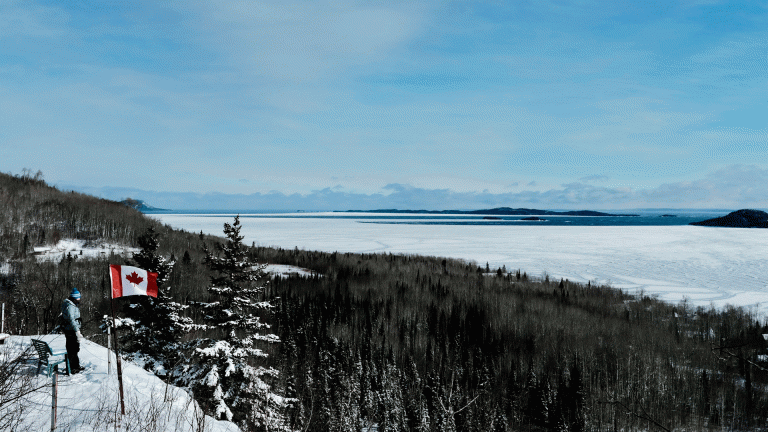I’ve often wondered why we humans believe that we’re superior to all other species.
The idea is one that has been so widely accepted for so long that it seems almost iconoclastic to challenge it. Even now, as we’re facing the ever-increasing evidence of the irreversible damage we humans have done to the planet and all its lifeforms (evidence which suggests we might not be quite as clever as we think we are) there are still many who continue to defend this notion of “human exceptionalism” which over millennia has had the effect of disadvantaging every other species on Earth. But where did this notion originate?
And how has it managed to sustain itself for so long?
The roots of the idea are ancient, founded in the religious and philosophical thinking of Egypt, Greece and the Middle East. When, around 500 BCE, the philosopher Pythagoras mused on the nature of souls and how humans should behave towards other species, he began a line of thought which developed through the philosophy of Aristotle and the Stoics – among them Zeno and Seneca – to the thinking engendered by Genesis and the foundational texts of the great Western religions, all of which embraced the certainty that humans had the right to exercise dominance over all other species.
The rationale for the belief lay in the unshakable conviction that animals had neither souls nor ‘reason’ – no cognition, feelings or consciousness and therefore might be exploited in whichever way humans chose. It was Christian theologians and scholars, in particular St Augustine and Thomas Aquinas, who were to cement these beliefs into the fabric of Western religious and social thinking. The later philosophy of René Descartes encouraged the view by asserting that other species were no more than automatons, so-called “bêtes machines”.
I’m thrilled that the book’s out today! pic.twitter.com/6qHU1cdQC2
— Esther Woolfson (@EWoolfson) September 3, 2020










